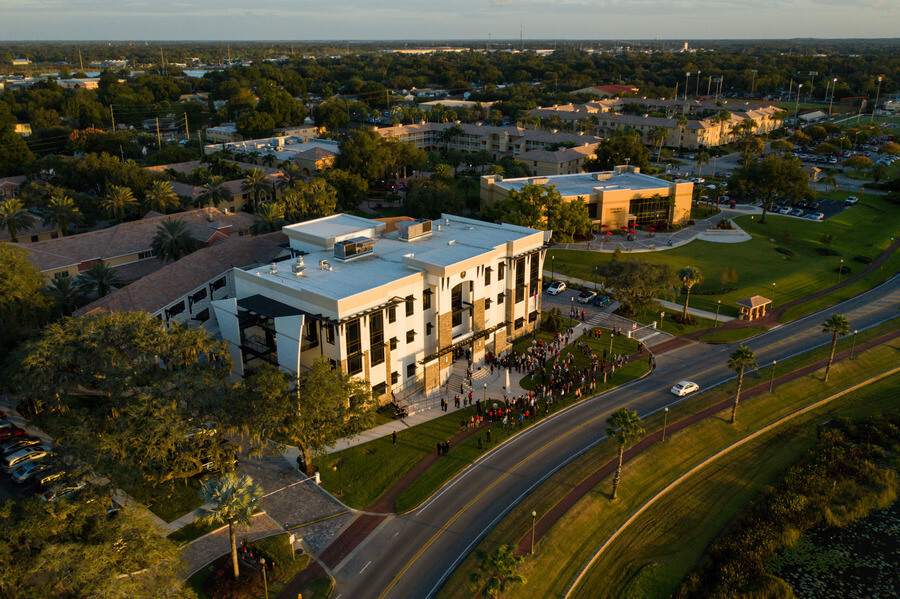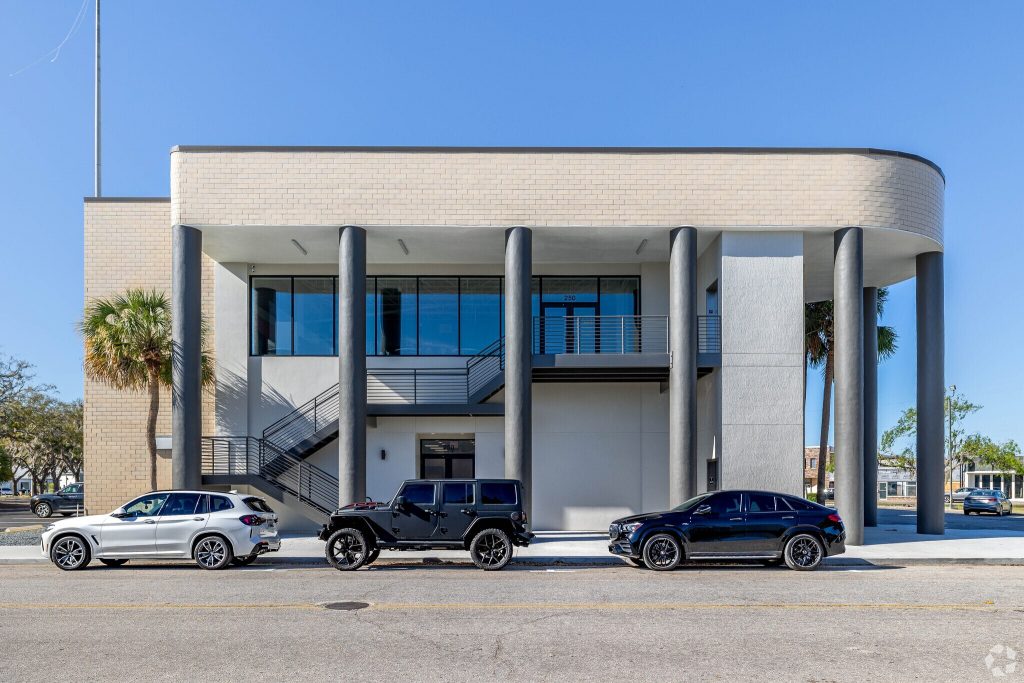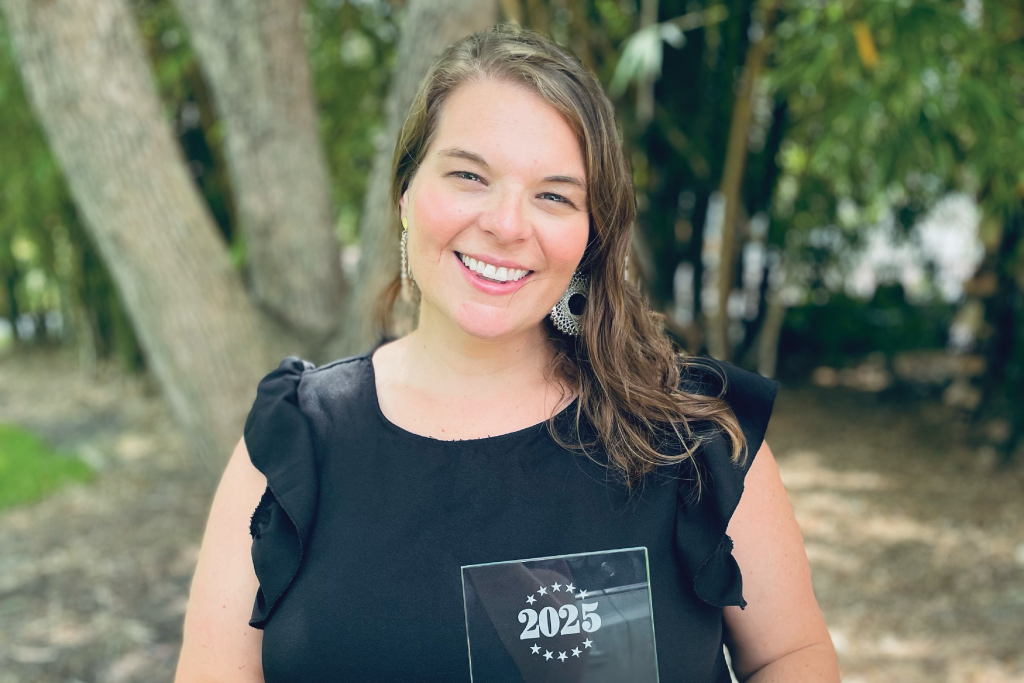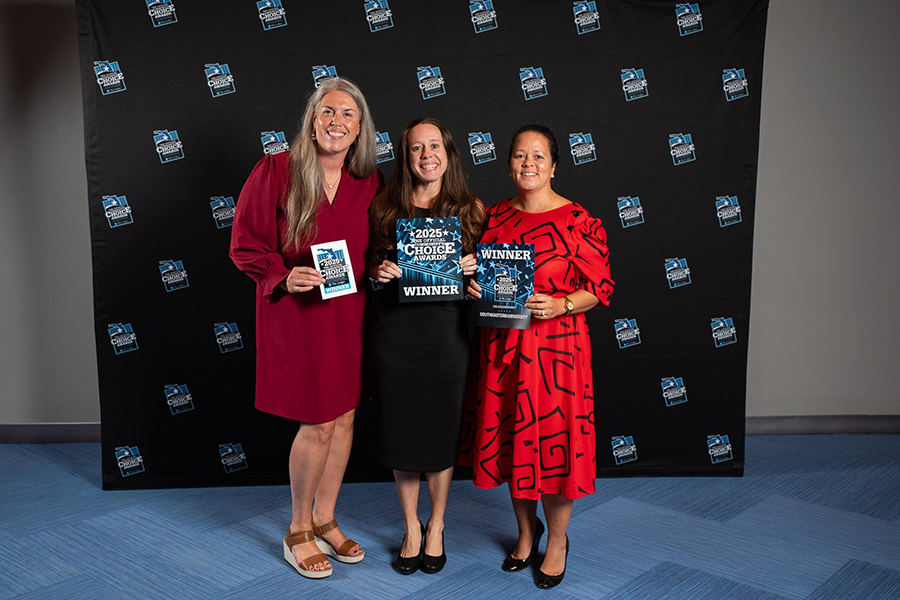Walking through Taguig this morning, I couldn't help but reflect on how much our city embodies the very themes I recently encountered while playing Metaphor: ReFantazio. The game's approach to storytelling—using fantasy as a lens to examine real-world social dynamics—resonates deeply with how I've come to view our local community events. Just as the game avoids oversimplifying complex issues into neat categories of right and wrong, Taguig's evolving urban landscape presents us with nuanced challenges that demand thoughtful engagement rather than quick fixes.
What struck me most about Metaphor: ReFantazio was its emphasis on long-term collective action, something I've seen play out repeatedly in our neighborhood initiatives. When the local government proposed converting the vacant lot near Market Market into a commercial complex last quarter, the community response wasn't about finding a single villain or hero. Instead, we saw various stakeholders—residents, business owners, urban planners—coming together in a process that mirrored the game's mature handling of politics. Through 17 community meetings spanning three months, we gradually shaped a compromise that preserved 40% green space while allowing for controlled commercial development. This experience taught me that meaningful change rarely happens through dramatic revolutions but through the patient, often messy work of daily collaboration.
The game's refusal to present the world as completely grey while still acknowledging complexity particularly resonates with how I approach reporting on Taguig's developments. Just yesterday, when covering the new bike lane implementations along C5 Road, I noticed how easy it would be to frame the story as a simple conflict between motorists and cyclists. Yet the reality—much like in ReFantazio's nuanced narrative—involves multiple intersecting factors: the 23% increase in cycling commuters since pandemic restrictions eased, the concerns of local businesses about parking space reduction, and the city's commitment to reducing carbon emissions by 15% within two years. These aren't competing truths but interconnected realities that require compassionate understanding.
What I appreciate about both the game and our local community is how they handle real-world context without becoming heavy-handed. The way ReFantazio allows contemporary issues to seep into its fantasy world reminds me of how global concerns manifest in our hyperlocal context. When inflation rates climbed to 6.1% last month, I watched how Taguig's neighborhood pantries spontaneously organized, with participation growing from 7 locations to over 32 within weeks. This organic response demonstrated the same principle the game explores—that solutions emerge from collective care rather than top-down mandates.
The metanarrative elements in ReFantazio that pop up unexpectedly have their parallel in how stories unfold in our city. Covering the ongoing Bonifacio Global City art installations, I've been fascinated by how these creative projects create unexpected conversations about urban identity. The recent "Tales of Taguig" mural project, for instance, began as a simple beautification initiative but evolved into a community dialogue about our city's transformation from a fishing municipality to a metropolitan hub. Over 45 local artists contributed, and the project attracted approximately 12,000 visitors in its first month alone—numbers that surprised even the organizers.
There's a particular scene in ReFantazio where characters discuss how societal change requires both vision and the humility to acknowledge we might never fully "get things right." This resonates profoundly with my experience covering Taguig's public transportation improvements. The city's efforts to integrate jeepney routes with the modernized bus system haven't been flawless—implementation faced delays, and some drivers reported income decreases during the transition period. Yet what impressed me was how both city planners and transport groups remained committed to refining the system through continuous feedback rather than abandoning the vision entirely. After six months of adjustments, rider satisfaction surveys show approval ratings climbing from 58% to 79%, suggesting that progress, while imperfect, moves forward through persistent collective effort.
What makes both the game and our local engagement meaningful is this rejection of simplistic narratives. Just as ReFantazio respects the player's intelligence by presenting complex scenarios without easy answers, covering Taguig requires acknowledging that every policy decision, every community initiative, exists within a web of competing priorities and perspectives. The recent controversy over the Lakeshore development project exemplifies this—environmental concerns versus housing needs, economic growth versus cultural preservation. There are no pure villains or saviors here, only community members navigating difficult trade-offs.
Returning to my morning walk through Taguig, I'm reminded that the most compelling stories—whether in games or civic life—aren't those with clear moral resolutions but those that invite us to sit with complexity while still moving forward. The 84 neighborhood associations currently active across Taguig's 28 barangays each represent small-scale laboratories for the very principles ReFantazio explores: that change happens through daily acts of coordination, that compassion must accompany action, and that the work of building better communities never truly concludes but continually evolves. This perspective transforms how I approach each day's news—not as discrete events to be reported but as interconnected threads in our city's ongoing narrative of growth and transformation.




